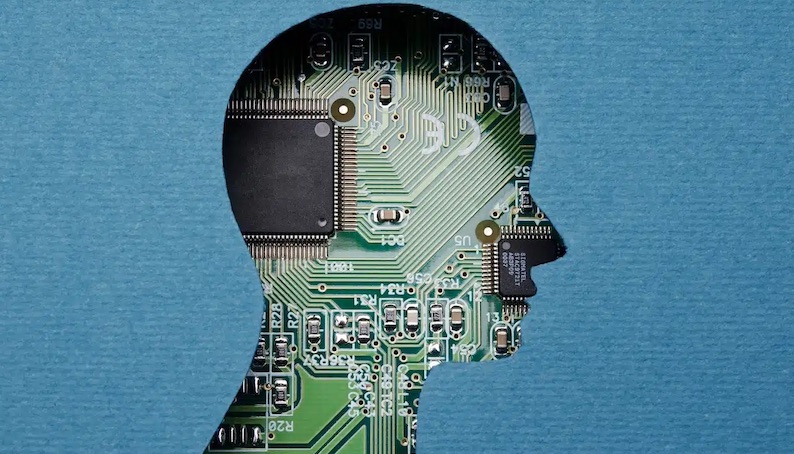Between releases of new software, latest versions of existing chatbots and (only apparent) earthquakes in company organization charts, in recent days there has been insistence on artificial intelligence.
In the article in which we reported ChatGPT’s first birthday, we said that in the near future two things will be necessary: understanding and regulating AI.
And it is precisely in this direction that the appeal on artificial intelligence signed by 34 Italian cultural associations and sent to our government goes. Let’s see what it’s about.
The appeal on artificial intelligence
The AI call was sent to the government two days before the Trilogue. That is, the meeting on Thursday 6 December between Italy, Germany and France in which a decision will be made on the approval of the AI Act, the European legal regulation on AI.
The appeal was signed by 34 important cultural associationswho ask the Italian government to “support balanced regulation which, by guaranteeing the transparency of sources, favors the development of artificial intelligence technologies, while protecting and promoting original human creativity and all the cultural contents of our country.”
In Germany and France similar associations have signed and presented similar appeals.

The signatories
We were saying that 34 cultural associations have signed the appeal on artificial intelligence addressed to our government.
Among these we find the AIE (Italian Association of Publishers), the SIAE (Italian Society of Authors and Publishers), the ANAC (National Association of Film Authors), the ANICA (National Association of Digital Audiovisual Film Industries) and the RAAI (Registry of Actresses Italian actors).
More generally, as can be read in the document, “the signatory organizations represent cultural and creative businesses in the audiovisual, cinema, television, services for the enhancement and protection of cultural heritage, music, book publishing sectors and journalism as well as several hundred thousand authors and performing artists who depend entirely on their ability to sell content, products and services based on copyright and to license, control their use, the works they create as well as their own voice, image and other personal data”.
The document
Already in the introduction of the appeal on artificial intelligence we can find the intentions. “Italy supports the provisions on the obligations of transparency, conservation of information and access for rights holders.
A framework of clear and effective rules is needed which self-regulation cannot guarantee.”
In the appeal, the position on artificial intelligence (especially generative intelligence) is balanced. Far from demonizing it, the signatories recognize all its potential. But they see the risks just as clearly, especially for those who do a creative job but not only.
The risks
The risk of indiscriminate and unregulated use of AI, according to the signatories of the appeal, is twofold.
First of all, often the works (or parts of them) are reused to create new content without requesting consent from the rights holders. And this has legal but also economic and moral repercussions (it can damage, for example, the reputation of an artist).
Ma there is also a risk for users, who may no longer be able to distinguish whether a given artistic product is of human origin or not. “This deception can have far-reaching implications for the spread of misinformation and the erosion of trust in the authenticity of digital content, and also presents serious ethical concerns.”
The proposal
The associations that signed the appeal on artificial intelligence put forward a proposal based, first and foremost, on total transparency.
This is both for the benefit of users and “in order to allow parties with a legitimate interest to determine whether and how their rights have been violated and to intervene.
These obligations must at least be extended to all systems made available in the EU or which generate outputs used in the EU, commercial or non-commercial and lead to the presumption of use in case of non-compliance allowing those entitled to exercise their prerogatives also for licensing.”
Similar objectives, the signatories conclude, can certainly not be achieved by relying on self-regulation or by softening the proposal voted by the European Parliament, but if anything introducing new shared rules.















Leave a Reply
View Comments